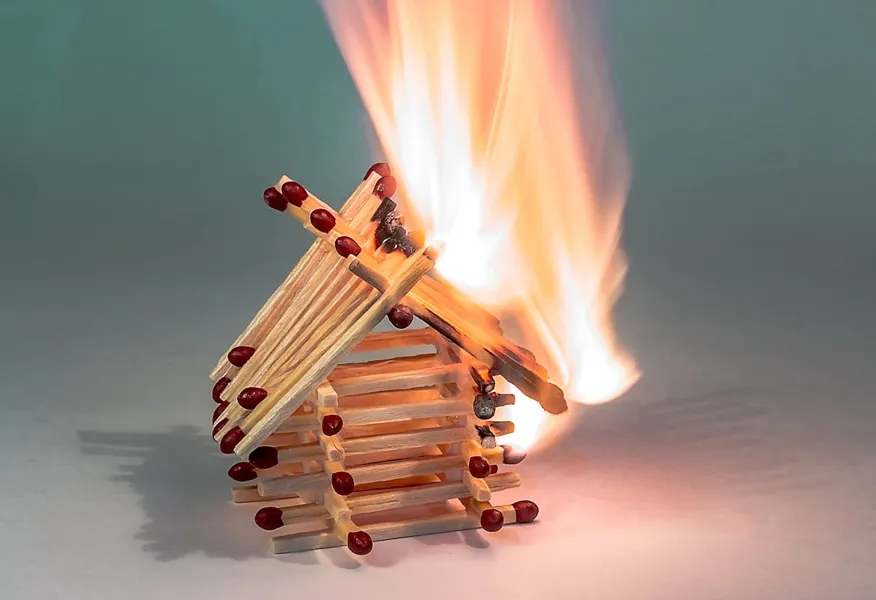In today’s fast-paced world, safety often takes a backseat to convenience and efficiency. Yet, when it comes to fire safety, neglecting preventive measures can lead to catastrophic consequences. The 21st century has brought new challenges—urbanization, technological advancements, and climate change—all of which increase the risk of fire hazards. Understanding why fire safety measures are essential is not just about compliance; it’s about protecting lives, property, and the environment.
The Rising Complexity of Fire Risks
Modern infrastructure and technology have introduced new fire hazards. High-rise buildings, smart homes, and advanced electrical systems, while improving our quality of life, also create complex scenarios for fire prevention and control. Unlike traditional structures, these environments often require specialized systems and protocols to ensure safety. Fire safety measures today must account for electrical overloads, flammable materials in manufacturing, and even cybersecurity threats that could disable alarm systems.
Regulatory Standards and Compliance
Governments and safety organizations worldwide have implemented stringent fire safety codes to minimize risks. These regulations cover everything from building design to emergency response plans. Compliance is not optional—it’s a legal requirement that protects businesses and individuals from liability and loss. For example, commercial properties must undergo regular inspections to ensure that fire alarms, sprinklers, and emergency exits meet current standards. Failure to comply can result in hefty fines and, more importantly, endanger lives.
The Role of Technology in Fire Prevention
Technology has revolutionized fire safety. Modern fire detection systems use sensors, AI-driven monitoring, and real-time alerts to prevent disasters before they escalate. Automated sprinklers, smoke detectors, and integrated alarm systems are now standard in many facilities. However, these systems require regular maintenance and testing to remain effective. This is where professional services come into play—such as Arizona fire alarm inspections, which ensure that every component of a fire safety system functions correctly. Routine inspections not only meet compliance requirements but also provide peace of mind that your property is protected.
Human Factor: Training and Awareness
Even the most advanced systems cannot replace human vigilance. Fire safety training for employees and residents is critical. Knowing how to respond during an emergency—whether it’s using a fire extinguisher or following evacuation routes—can save lives. Organizations should conduct regular drills and provide educational resources to reinforce these practices. Awareness campaigns also play a vital role in reducing negligence, such as improper storage of flammable materials or overloading electrical outlets.
Environmental and Economic Impact
Fires don’t just destroy property; they have far-reaching consequences for the environment and economy. Wildfires, for instance, release massive amounts of carbon dioxide, contributing to climate change. Urban fires can disrupt businesses, leading to financial losses and unemployment. By investing in robust fire safety measures, communities and organizations can mitigate these risks. Prevention is always more cost-effective than recovery, making fire safety a smart economic decision as well as a moral responsibility.
Conclusion
Fire safety in the 21st century is more than a precaution—it’s a necessity. With evolving risks and technological advancements, proactive measures are essential to safeguard lives, property, and the environment. From regulatory compliance to human awareness, every aspect of fire safety contributes to a safer future. By prioritizing inspections, maintenance, and education, we can ensure that fire hazards remain under control and that our communities thrive in security and resilience.


